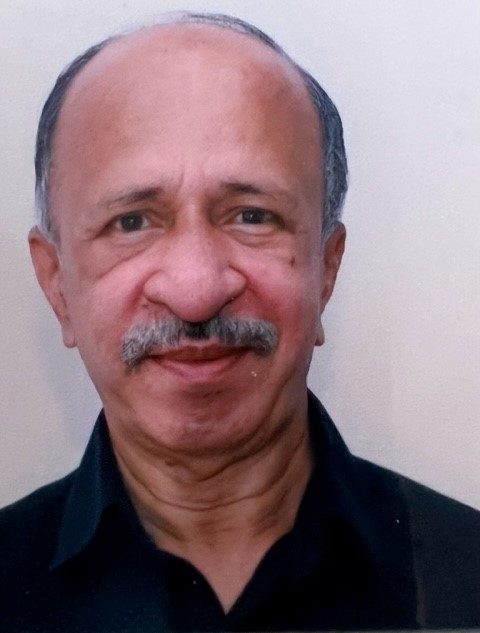Professor of Japanese Studies, teacher of International Relations, specializing in East Asia, and a research scholar.
Professor Prabhakar has taught since 1985 till superannuation in the Centre for East Asian Studies, School of International Studies, Jawaharlal Nehru University. Prof. Prabhakar holds Masters, M. Phil and Doctoral degrees. His areas of teaching and research interests are Political Economy of Japan, Government and Politics in Japan, Business Organization & Management in Japan. Besides, he has supervised several Ph. D theses and M. Phil dissertations – all related to contemporary Japanese policies/processes/problems. He has also received several awards of Fellowships and Recognition from Japan Foundation, University of Tokyo, Waseda University, Ehime University, Soka University etc. He has even acted as Master of Ceremony at the Award Ceremony for Japanese Prime Minister in India.
Dr. Prabhakar had been a visiting foreign researcher in many Japanese universities at different times. A recipient of Japan Foundation fellowship, he was till recently on a year sabbatical affiliated to the Institute of Asia-Pacific Studies, Waseda University, Tokyo. He had received dissertation Fellowship for 14 months during 1983-84, and Senior Researcher (Professor) during 2011-12, for a year from Japan Foundation. He has also executed a project for University of Pennsylvania Institute for Advanced Studies of India “INDIA-JAPAN MANAGING SECURITY AND ECONOMIC INTERDEPENDENCIES IN ASIA.”
Dr. Prabhakar has presented several research papers at many Japanese and Indian universities, institutions and think tanks. He has authored the book “Religion and Politics in Japan” and edited two volumes of “India-Japan Quarterly” of the Planning Commission, GOI. Besides, he has extensively published on different areas covering India-Japan relations, as well as different aspects of contemporary Japan – foreign relations, development assistance, policy, problems, process, domestic politics, Political economy, welfare state, society and alike. He has also written, edited, coordinated and video recorded several modules for e-Patashala, UGC, on Japan’s History, Society and Culture. Presently, he is a Visiting Professor in Dept. of History, University of Mysore.
Dr. Prabhakar is a familiar commentator in Indian Media, both visual and print, on contemporary Japanese and East Asian affairs. When asked what he thought was the importance of Japan Foundation fellowship, he said that it was very supportive, encouraging, and significant for higher studies and for his career build up. “Only Japan Foundation provides these categories of fellowships to strengthen the Program of Japanese Studies.” Hence, he feels that these need to be continued for a long time.
His topic of research during Dissertation Fellowship was “Role of Religion in Contemporary Japanese Politics”. It helped him complete his Ph.D. thesis. While the Professional one was to familiarise with Japanese Scholars (different Universities, Research Institutions, MOFA, METI, etc.) engaged in India-Japan Bilateral Relations that enabled him to obtain a much better qualitative understanding and analysis of different dimensions of our relations. It also helped him speak, argue confidently on both plus aspects and prospects of bilateral relations in classrooms, Indian and Japanese media, and above all, in encouraging researchers to select, complete their Doctoral studies successfully. He says that now he has retired from his academic position from Japanese Studies, JNU, but he is still engaged in the University of Mysore and Indian Institute of Management, Bangalore, in different capacities. He is fully utilising knowledge and experience in supporting the promotion of Japanese Studies in India.
Talking about his memories from the fellowship days, he says that he still treasures his Japanese academic, business and bureaucratic contacts, and has continued exchanging academic research information with them. Finally, when we asked him to share some suggestions for the future fellows, he says that it is very important to stay focused in studies and research throughout the tenure of fellowship and affiliation. Also, since cultural etiquette and behavioural responses are highly valued in Japanese society, we need to learn, maintain and develop them for reasons of our own personality development as well. He says that the knowledge of Japanese language will be an advantage.
 Twitter
Twitter


 '
'